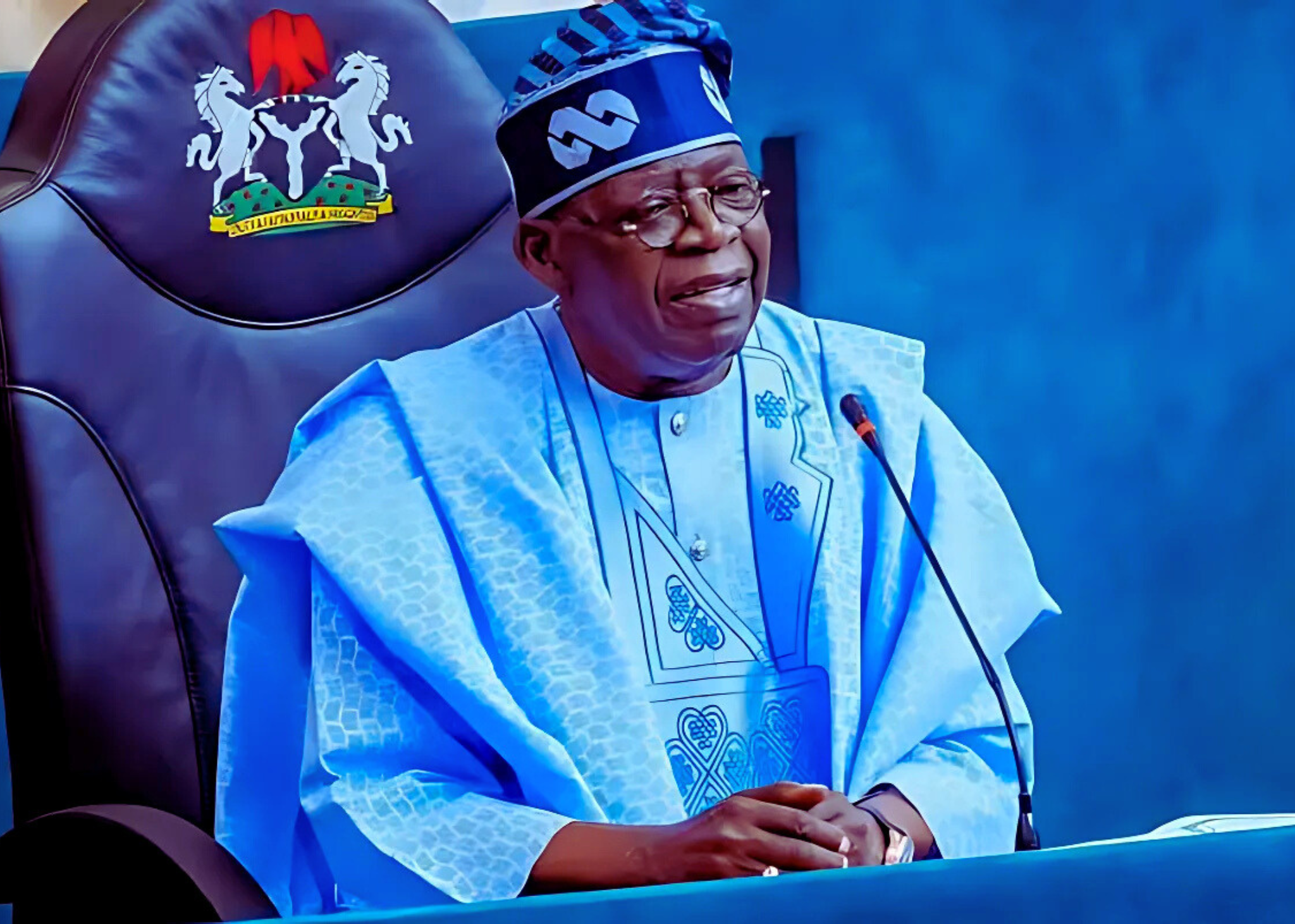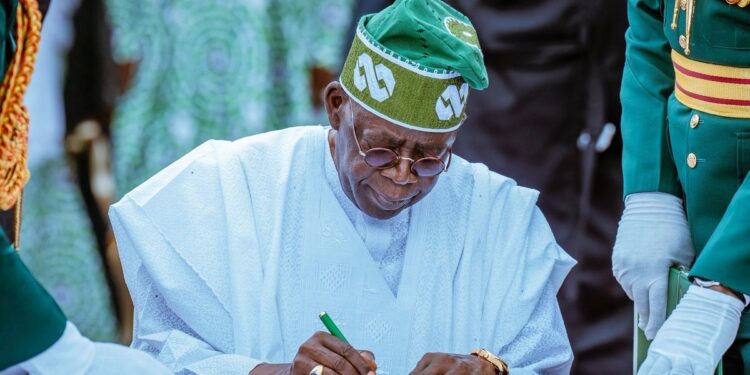President Bola Ahmed Tinubu’s decision to sign the South-South Development Commission Bill into law has sparked discussions across political and economic circles in Nigeria. The bill, which aims to establish a specialized agency for the development of the South-South region, is being hailed by key stakeholders as a crucial step toward addressing long-standing infrastructural and environmental challenges. However, beyond the initial celebration, many are questioning whether this move is a strategic political manoeuvre by Tinubu and what its broader implications might be for governance, regional stability, and the upcoming electoral cycles.
A Long-Awaited Development for the South-South Region
The South-South region, home to Nigeria’s oil-rich Niger Delta, has long suffered from environmental degradation, inadequate infrastructure, and economic instability despite being the primary contributor to Nigeria’s oil revenue. The new commission is expected to focus on mitigating these issues, ensuring that the region benefits proportionally from its resource wealth.
The Pan Niger Delta Forum (PANDEF), a socio-political group advocating for the interests of the region, has expressed profound appreciation for President Tinubu’s action. In a statement released on March 25, 2025, PANDEF’s National Chairman, Ambassador Dr. Godknows Boladei Igali, described the law’s passage as a “historic and pivotal” decision that could restore confidence in the federal government’s commitment to equitable national development.
“This singular action has boosted the confidence of our people in the Federal Government’s commitment to fostering even regional development across Nigeria,” the statement read. PANDEF also emphasized the importance of appointing competent and experienced leaders to steer the commission effectively.

Political Implications: A Calculated Move by Tinubu?
While the establishment of the South-South Development Commission is being widely welcomed, political analysts believe there are deeper motivations behind Tinubu’s decision. The South-South region has historically been a stronghold for opposition parties, particularly the Peoples Democratic Party (PDP). By signing this bill into law, Tinubu may be positioning himself to gain political favour in the region ahead of future elections.
In the 2023 presidential elections, Tinubu’s All Progressives Congress (APC) struggled to secure substantial votes from the South-South states. Strengthening ties with the region through economic incentives and governance reforms could enhance his party’s electoral chances in subsequent contests.
Furthermore, this move aligns with Tinubu’s broader strategy of regional balancing. By demonstrating a commitment to developing the Niger Delta, he may also be seeking to appease agitators in the region, reducing potential threats to national stability posed by militant groups such as the Niger Delta Avengers.
Challenges and Concerns: Will the Commission Deliver?
While the establishment of the commission is a positive step, scepticism remains regarding its implementation and effectiveness. Similar agencies, such as the Niger Delta Development Commission (NDDC), have faced allegations of mismanagement and corruption, raising concerns about whether the South-South Development Commission will avoid the same pitfalls.
PANDEF has urged the federal government to ensure transparency and accountability in appointing officials to oversee the commission’s activities. Experts argue that without strict oversight mechanisms, the commission risks becoming another bureaucratic entity riddled with inefficiencies.
Additionally, while the commission is expected to address key infrastructural and environmental challenges, there are broader issues that require federal intervention. PANDEF has called for urgent government action on environmental remediation, particularly addressing the ecological damage caused by decades of oil exploration in the region. Ensuring that local communities benefit from oil revenues and job opportunities remains a pressing concern.
The Rivers State Political Crisis: A Factor in the Equation?
Alongside calls for economic development, PANDEF has also urged President Tinubu to intervene in the ongoing political turmoil in Rivers State. The recent suspension of Governor Siminalayi Fubara, his deputy, and members of the State Assembly has raised tensions, with many viewing it as a test of Tinubu’s influence in the South-South region.
The forum emphasized the need for a peaceful resolution to the crisis, warning that instability in one of the country’s most strategic oil-producing states could undermine broader efforts to develop the region. If Tinubu is able to mediate and restore political stability, it could further strengthen his standing in the South-South, reinforcing the narrative that he is committed to the region’s welfare beyond just economic interventions.
What’s Next?
With the South-South Development Commission now legally established, the next steps will be critical in determining its success. The federal government must:
- Appoint credible leadership: Ensuring that competent professionals, rather than political loyalists, lead the commission will be key to achieving tangible results.
- Define clear objectives: The commission should focus on high-impact projects that address the region’s most pressing issues, including environmental restoration, road infrastructure, and economic empowerment programs.
- Ensure transparency and accountability: A robust oversight framework should be implemented to prevent mismanagement and corruption.
For now, the signing of the bill is a significant political and developmental milestone, but whether it will be a true game changer for President Tinubu depends on its implementation and the administration’s continued engagement with the South-South region.
Final Thoughts
The South-South Development Commission bill represents a landmark decision with both political and socio-economic implications. While it has been lauded as a major step forward, the true impact will only be seen in the years to come. President Tinubu’s ability to translate policy into action, manage political tensions, and ensure good governance within the commission will ultimately determine whether this initiative becomes a success or just another unfulfilled promise.
What do you think about the potential impact of this commission? Share your thoughts in the comment section below.












